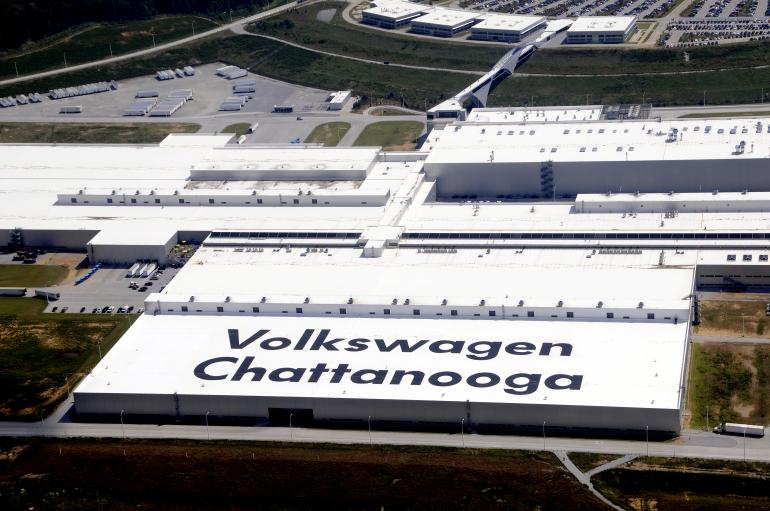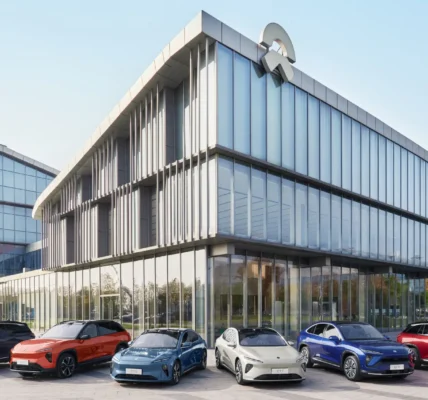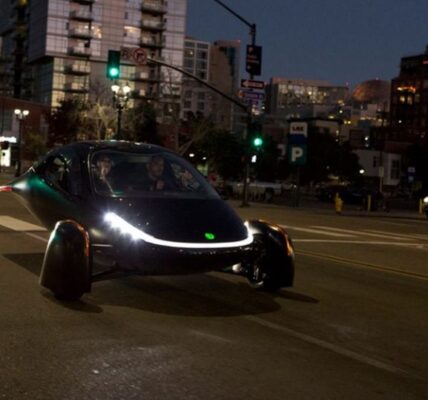Volkswagen Chattanooga Growing High-Voltage Lab To Test Electric Vehicle Cells, Battery Packs
Volkswagen Chattanooga is growing its Engineering and Planning Center where it will have a high-voltage laboratory designed to develop and test electric vehicle cells and battery packs.
Plans are to break ground soon for the lab aimed at supporting upcoming models assembled in Chattanooga, such as the all-electric ID.4 SUV that is to undergo assembly by 2022, according to VW.
“There are two ways that auto companies approach the development of electric vehicle batteries,” said Wolfgang Maluche, vice president of engineering at Volkswagen of America. “A lot of them will farm out the development and testing of batteries to another company, and some will actually do the work of developing and testing in-house. We are doing the latter.”
The lab is to be fully operational by spring 2021. According to VW, the lab will feature cutting- edge equipment, including pressure testers, explosion-rated climate chambers and a custom multi-axis shaker table (MAST), which is designed to test the integrity of vehicle components in some of the roughest conditions they might face on the road.
Most automotive labs have MASTs, but almost none were designed for electric vehicle batteries, the company said. EV battery packs are the largest and heaviest component in an EV, typically weighing hundreds of pounds and running the width of the vehicle, VW said.
“The battery is not only shaking, it is going through a series of harsh conditions to test its durability in a variety of possible environments, from the South Pole to the Sahara,” said Jason Swager, the director of electrical development. “We needed to build a MAST that could withstand the immense force and frequency that we need to test these batteries.”
Chattanooga’s high-voltage lab will have other features, the company said. In line with Volkswagen’s goal to reach carbon neutrality by 2050, the lab is planned to be built to Leadership in Environmental and Energy Design standards for environmental impacts, through steps such as a battery-to-grid connection that sends unused energy back to utilities.
“The future of driving is coming to Chattanooga. We have the chance to help shape how Volkswagen and the entire automotive industry engineers electric vehicles to be as safe and sustainable as possible,” Swager said.
Construction is underway on an $800 million expansion at VW Chattanooga for assembly of electric vehicles.







